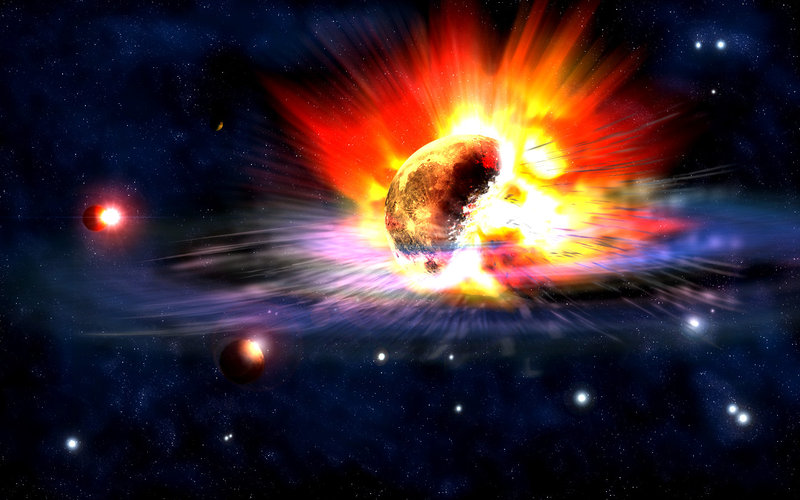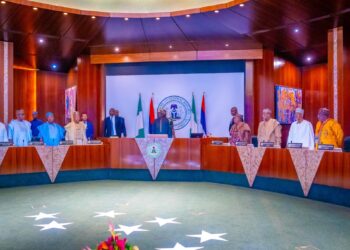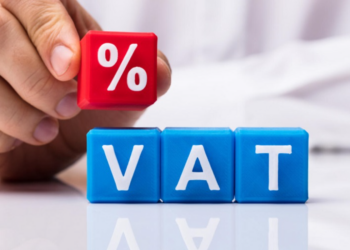The Central Bank of Nigeria held its monetary policy committee meeting last week ending it with a decision to hold on all rates. Excerpts of the Monetary Policy Communique issued by the CBN indicates its members chose to retain MPR at 13.5% as well as CRR and liquidity ratios at 22.5% and 30% respectively.
However, a cursory review of the communique reveals a somewhat aggressive tone from the CBN in terms of the direction of the economy and its expected reaction of the government. Of particular interest to us were its comments on the planned 50% increase in Value Added Tax from 5% to 7.5%.
The Good; The CBN revealed its support for the planned increase stating the obvious that it will increase government revenue.
“The MPC also noted the Government’s current drive to increase Value Added Tax (VAT), adding that this will improve fiscal revenue to support expenditure and reduce the budget deficit as well as Government borrowing when implemented.” Emefiele
The bad: The Apex bank mentioned that an increase in VAT rates won’t salvage the government’s tight shoestring budget as it needed to do more to drive up revenues.
“The Committee, however, noted that this was too little to close the gap in Government finances.” Emefiele
BIG BANG: If an increase in VAT is not enough to shore up government revenues then what should it do?
“Consequently, the MPC called on the Government to, as a matter of urgency, adopt what it termed a BIG BANG approach towards building fiscal buffers by purposefully freeing-up redundant public assets through an efficient, effective and transparent privatization process. This would raise significant revenue for Government and resuscitate the redundant assets to generate employment and contribute effectively to national economic growth.”
What this means: The BIG BANG approach is basically the CBN telling the government point blank that it needs to sell off more government assets to raise money as well as cut increased cost of running government business. This issue was a hot topic for debate in the run-up the elections where the government announced it was considering selling some of its assets to raise finance.
But what assets are there for the government to sell? NNPC, Nigeria’s State Oil company behemoth is perhaps the juiciest of them all. However, political considerations, as well as a vested interest, may not allow for the sale of the company as recommended in the PIG bill yet to be signed by the president.
A review of ongoing companies slated for privatisations the BPE shows only NIPOST is currently being considered by the Bureau.





















Why do Nigerian economist believe a burgeoning government revenue translates into a better Economy ? In Nigeria it suppresses the economy.